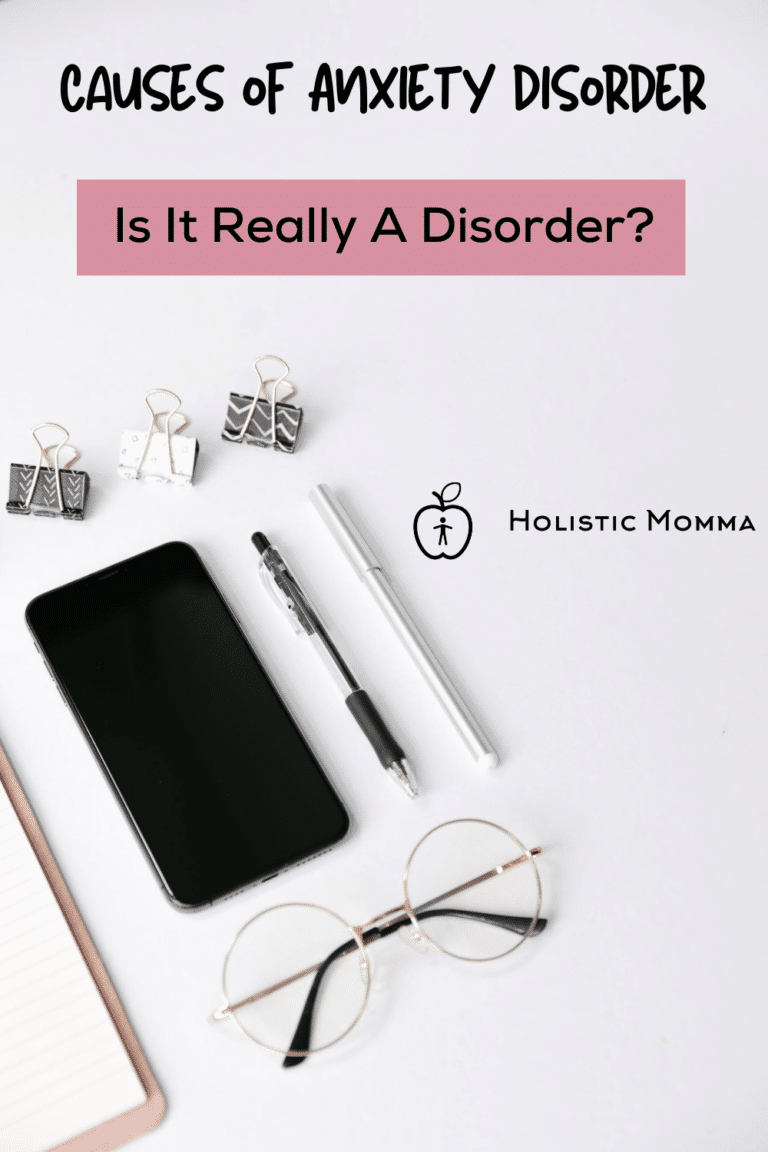How to Find a Trauma Therapist in Tampa

Shame thrives in silence, in the darkness where it tells you that you are unworthy of love and acceptance. Shame tells you that what you did or experienced is not only bad, but that you are bad as a person.
The solution to shame is empathy from a compassionate friend, family member, pastor or therapist to help minimize that shame.
Many trauma sufferers have shameful beliefs such as “it’s my fault they abused me” or “I will never be good enough”. These thoughts can run the narrative and lead us to not live life to the fullest and it can make us afraid of people, places and reminders of our past.
I want to congratulate you on taking the first step and being here to read this. You are acknowledging that you deserve to feel whole, worthy and safe.
Schedule a Trauma Therapy Session
Click to get relief from being triggered and on edge.
Table of Contents
Symptoms of Trauma
- Flashbacks
- Avoidance of the reminders
- Hypervigilance
- Feeling like you are back in the traumatic event
- Suppressing thoughts
- Excessive negative thoughts about oneself, the world and others
- Irritability
- Loss of traumatic memories
- Impulsive behaviors
- Substance use to suppress traumatic reminders
Types of Counseling
Mental health counseling includes many different forms of therapy. Including typical talk therapy such as:
- Cognitive-Behavioral Therapy
- Acceptance and Commitment Therapy
- Dialectical Behavioral Therapy
- Mindfulness-Based Cognitive Therapy
- Exposure and Response Prevention Therapy (ERP)
Additional therapies that involve the body more or trauma therapy include:
- Brainspotting
- EMDR (eye movement desensitization reprocessing)
- IFS (internal family systems)
- Somatic Therapy
Trauma Therapy
When someone experiences a traumatic event or post-traumatic stress disorder symptoms they can be reliving that traumatic event repeatedly. They may have many different triggers and may not have awareness of their triggers because they may not seem correlated to the original event.
Trauma is simply a disturbing event that overwhelms someone’s nervous system. It may not seem as traumatic to other people witnessing the event because people respond differently. After trauma, an individual may experience numbing, flashbacks, avoidance, nightmares, and irritability. Complex trauma can be even more complicated due to the build up of hurt and overwhelm done to a person’s nervous system.
Eye-Movement Desensitization Reprocessing (EMDR) is a therapy that I offer to help my clients get through their trauma fast. As someone who utilizes this form of trauma therapy to alleviate attachment wounds, post-traumatic stress disorder, anxiety, and depression. I find that EMDR helps my clients get through their trauma faster than if they did not do therapy or than conventional talk-therapies.
I offer in-person sessions in Tampa, Florida and telehealth throughout the state of Florida.
Need Someone to Talk to with a non-biased opinion?
Schedule Trauma Therapy With Me (Florida Residents Only)
Brainspotting is a trauma therapy that uses eye movement to focus on a specific point where emotional distress may be stuck until it is alleviated. This form of therapy helps individuals locate a spot that can release symptoms and experiences that are not typically identified by the conscious mind.
Internal Family Systems is a tool used to explain the combination of parts that are wounded and protective parts led by the Self. This form of therapy is utilized to identify protective parts in order to heal the wounded parts.
Somatic Therapy helps individuals release from patterns of fight, flight and freeze that is stuck in parts of the body. The body holds on to traumatic memories and somatic experiencing allows individuals to identify where it is stuck in the body to release it through various exercises.
How to find a trauma therapist for you
Finding a therapist that specializes in one or more of the above therapies is important in helping an individual get long-term relief. Developing coping skills to deal with triggers can be helpful in alleviating some symptoms but I believe getting to the root cause is the best form of healing.
Next find someone whom you feel comfortable with and give them 3-5 sessions to get a fair assessment on whether they are a good fit or not. Discussing time frames on your progress can be beneficial if you have specific goals that you want to reach. This could look like reviewing a rough treatment plan together or discussing with your therapist if you are ready or what you feel like you need in order to begin processing trauma. There is no right or wrong amount of time. Every person has different experiences, unprocessed memories, living situations and other factors that impact the healing process.
Additional Resources
Trauma therapy is an incredible way to facilitate healing in a safe place. Additionally support groups can be a great place to feel like you are not alone in this journey. Self-help books, podcasts Youtube videos and more can help you between sessions or if you’re not ready for therapy. One of my favorite trauma books is The Body Keeps the Score, it explains how the body stores memories and sensations that our minds may have a hard time remembering.
Conclusion
If the above symptoms sound like something you have been struggling with for a day or 3,000 days and you want to begin your healing journey, then taking the next step to schedule a session is progress. If you are in Florida and you have interest in doing EMDR, I offer a 15 minute free consultation to discuss your goals. Even if you do not have significant trauma that you would like to bring in to session, you are welcome as well to vent, cry or just have someone to listen with an unbiased ear ready to support you.
Megan Santiago
Latest posts by Megan Santiago (see all)
- How to Find a Trauma Therapist in Tampa - September 30, 2024
- Do You Need Methylfolate for Depression? Everything you NEED to Know! - March 10, 2024
- The Best Mental Health Assessment Tool- Comprehensive Mental Health - March 10, 2024


